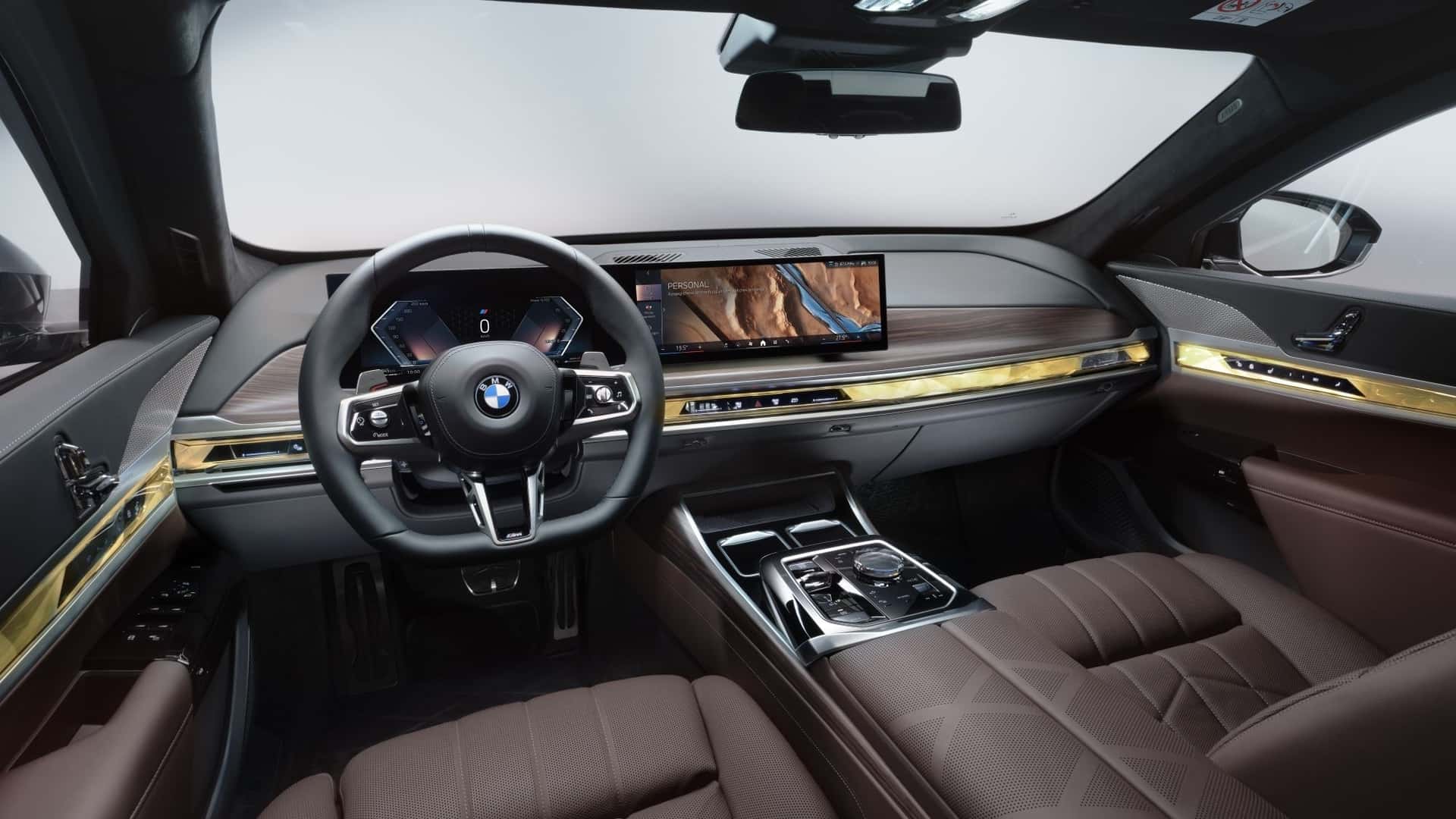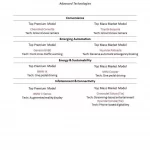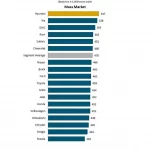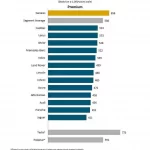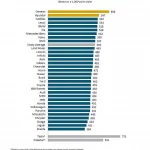In recent years, the automotive landscape has been revolutionized by the advent of electric vehicles (EVs), characterized by their cutting-edge technology and futuristic features. However, while these innovations have captivated consumers, the industry is grappling with the inherent complexities of delivering on these promises, mirroring the struggles observed in the pioneering Tesla. A recent study by J.D. Power delved into the realm of automotive technology, revealing that EVs face higher instances of technical glitches compared to their internal combustion engine (ICE) counterparts.
The J.D. Power Tech Experience Study investigated various advanced tech features present in both EVs and traditional ICE vehicles. The study uncovered that EVs exhibited a higher frequency of problems per 100 units in several categories, including remote parking assistance and interior gesture controls. This data aligns with previous research from J.D. Power, indicating that initial quality challenges for EVs surpass those encountered by ICE vehicles by a notable 46 percent. Furthermore, customer satisfaction with EVs was generally lower across various aspects evaluated within the Automotive Performance, Execution, and Layout (APEAL) study.
Kathleen Rizk, Director of User Experience Benchmarking and Tech at J.D. Power, pointed out that the automotive industry perceives electric vehicles as requiring an array of advanced technologies to compete effectively with tech-centric contenders like Tesla. Rizk emphasized that the key to success lies in flawless execution, ensuring a seamless user experience for both tech-savvy individuals and those less accustomed to technology.
This growing trend of technical challenges in EVs can be partly attributed to the influx of startups in the automotive arena. With the surging enthusiasm for electric mobility, numerous new entrants such as Tesla, Rivian, Lucid, and Polestar have emerged. These companies, influenced by tech industry practices, often outpace conventional automakers (except Genesis) in terms of the Innovation Index. While this reflects their commitment to introducing groundbreaking technologies and establishing new production facilities, it also contributes to a higher average occurrence of technical issues per 100 vehicles compared to the broader industry.
Interestingly, Genesis, a relatively new player in the market, has risen to the top of J.D. Power’s innovation ranking. The brand’s emphasis on innovation has translated into a balanced approach that integrates innovative technology with reliability. Following suit, Hyundai, Genesis’ sister brand, leads the mass market segment, indicating that the Korean automaker has successfully struck a harmonious equilibrium between advanced tech and dependable performance.
As the automotive landscape continues to evolve, the challenges and opportunities presented by advanced technologies in electric vehicles underline the need for a meticulous balance between innovation and seamless functionality. The industry’s ability to navigate these complexities will be pivotal in shaping the future of mobility.
